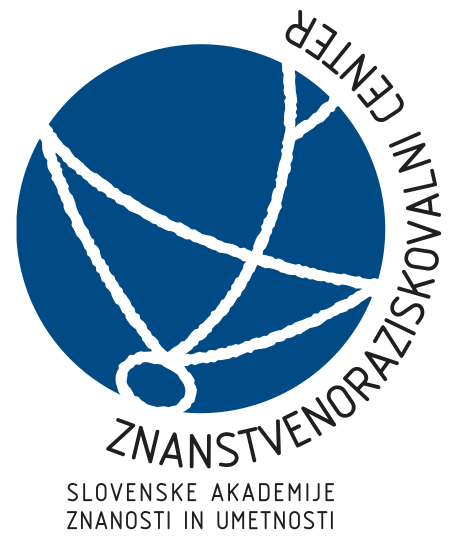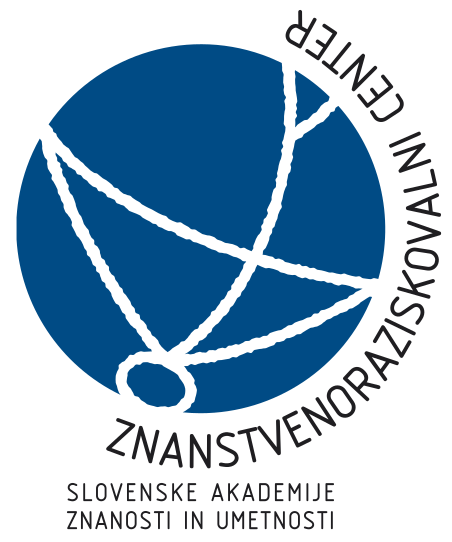Institute of Slovene Ethnology
Fields of work
As part of their ethnological research, the institute's researchers focus on the following themes: economy, architecture, ways of living, food, family, kinship and other forms of community life, local cultures, inter-ethnic contacts and relationships, manners and customs, rituals, folk narrative, literary folklore, beliefs and other cultural phenomena of intangible cultural heritage. They also deal with visual anthropology, history, and ethnological theory as well as ethnological terminology.
The institute maintains extensive collections of archival material, sound and visual documentation, material on current research projects, and a large ethnological library. The Audiovisual Laboratory with its rich visual documentation and film material is a special unit of the ISE which also hosts the annual Visuality Summer School.
The institute collaborates with several institutes in Slovenia, abroad and neighbouring countries. The current research project Cultural Spaces and Practices: Ethnology and Folklore Studies (2009–2013) explores research paradigms in ethnology and folklore studies.
Safeguarding the intangible culture
From 2008 to 2010 the institute acted as the national coordinator of intangible culture with numerous tasks. One of the first steps in the safeguarding was the establishment of the national intangible cultural heritage register.
The institute has formed a consulting group of experts who discuss the methodologies and criteria for the inclusion of particular intangible culture items in the register (open call, expert guidance and professional preparation of the requested documentation). During this introductory period the coordinator prepared a comparative study on different national approaches and published all documents (in Slovenian) on a newly developed website. In collaboration with the Audiovisual Laboratory it has also produced or digitalised several ethnographic films (even archival, e.g., Cerkno Mardi Gras from 1956), photographs and MS Powerpoint presentations (provided by one of the active participants of the Drežnica Mardi Gras) of particular customs and published them online (the Catalogues section).
In 2011 the coordination was taken over by the Slovene Ethnographic Museum.
See also
- Audiovisual Laboratory
- Visuality Summer School
- Scientific Research Centre (ZRC SAZU), Slovene Academy of Science and Arts
- Register of Slovene cultural heritage - rkd.situla.org
- Intangible Culture Portal on Culture.si
External links
Intangible culture heritage
- Slovene Intangible Cultural Heritage, the coordinator's website (2008–2010)
- The multimedia Catalogue Section on the coordinator's website
- Slovene Intangible Cultural Heritage, the new coordinator's website (from 2011)
- UNESCO Convention for the Safeguarding of Intangible Cultural Heritage
- Intangible culture on Wikipedia
- International Journal of Intangible Heritage website



